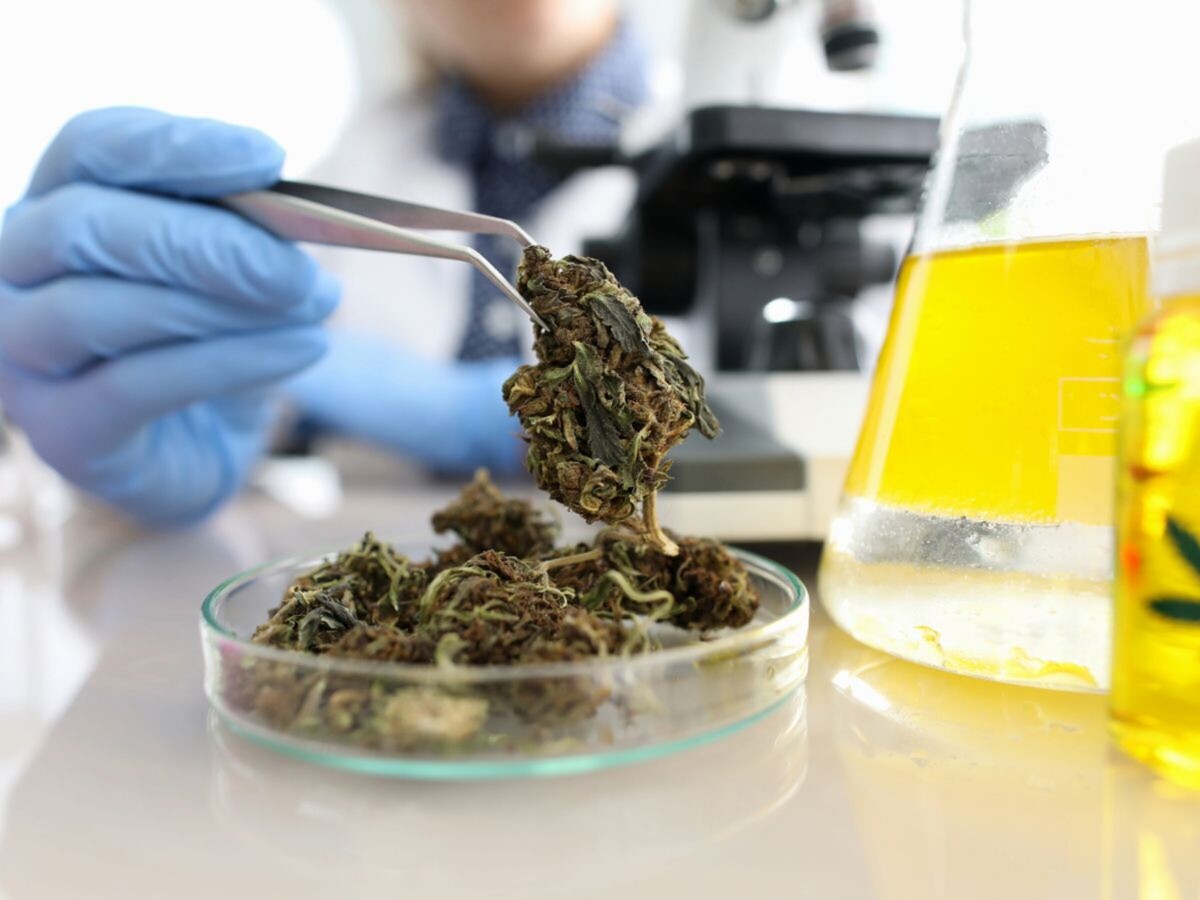NJ-CRC Approves New Cannabis Testing Guidelines
Guidelines introduce smaller batch sizes, expanded cannabinoid profiles, and additional safety measures.
TRENTON – The New Jersey Cannabis Regulatory Commission (NJ-CRC) has unanimously approved new cannabis testing guidelines, replacing the interim standards it had followed since June 2021. The updated approach includes reduced batch sizes for tested cannabis products, enhanced specificity for different product categories, expanded cannabinoid testing, and revised labeling rules. In addition, the Commission announced upcoming virtual hearings for public input on the 2025 Social Equity Excise Fee (SEEF), an initiative aimed at funding projects in communities most affected by the war on drugs.
Key Changes in Testing Guidelines
Smaller Batch/Lot Sizes:
Under the revised rules, the maximum batch size for usable cannabis has dropped from 100 pounds to 33.07 pounds.
New maximum lot sizes are defined for concentrates, vaporized formulations, ingestible, transmucosal, and dermal cannabis-infused products, ensuring sampling aligns more precisely with product type.
Expanded Testing Protocols:
Basic safety checks, including tests for foreign matter, pesticides, microbes, mycotoxins, and heavy metals, are now mandatory for any unusable cannabis intended for manufacturing processes.
An easy-to-reference chart outlines which tests apply to each product category, ensuring compliance clarity among laboratory operators and other cannabis businesses.
Consistent Lab Usage:
Cannabis businesses must use the same testing laboratory and methodology for both initial and retention sample testing, barring a breach of contract. Any planned shift in laboratory partners, technology, or protocols requires pre-approval from the Commission.
New Labeling Requirements:
Beyond THC and CBD, labels must now include THCA, CBDA, CBG, CBGA, and CBN. This expanded cannabinoid profile offers consumers a fuller understanding of each product’s composition.
Phased Implementation:
Testing laboratories have until March 19, 2025, to incorporate the revised sampling guidelines.
Initial and stability testing must comply with the new requirements by midnight on May 23, 2025.
2025 Social Equity Excise Fee (SEEF) Hearings
The NJ-CRC also announced the 2025 SEEF hearing schedule, with three virtual sessions planned on:
- Tuesday, February 18, at 11 a.m.
- Thursday, February 20, at 6 p.m.
- Wednesday, February 26, at 1 p.m.
Members of the public can register to provide testimony or submit written comments at njcrcgov.info/SEEF. According to Commissioner Krista Nash, these hearings will help the Commission gather local perspectives, ensuring SEEF allocations best meet the needs of communities disproportionately affected by prior cannabis prohibitions. Since 2022, the Commission has submitted three recommendation reports to the Legislature regarding SEEF distributions, and it will continue to do so based on the feedback from these hearings.
Ongoing Commitment to Safety and Equity
The NJ-CRC is dedicated to establishing robust standards around the licensing, cultivation, testing, and retail of cannabis. By adopting these new testing regulations, the Commission aims to protect consumer health, boost transparency, and keep pace with an evolving market. Meanwhile, SEEF funds are intended to uplift those hardest hit by the war on drugs—a priority reinforced by the Commission’s strategic partnerships and ongoing community engagement.
For more details on the updated testing guidelines, as well as resources on Social Equity Excise Fee allocations and prior reports, visit nj.gov/cannabis/resources/reports-stats-info.















